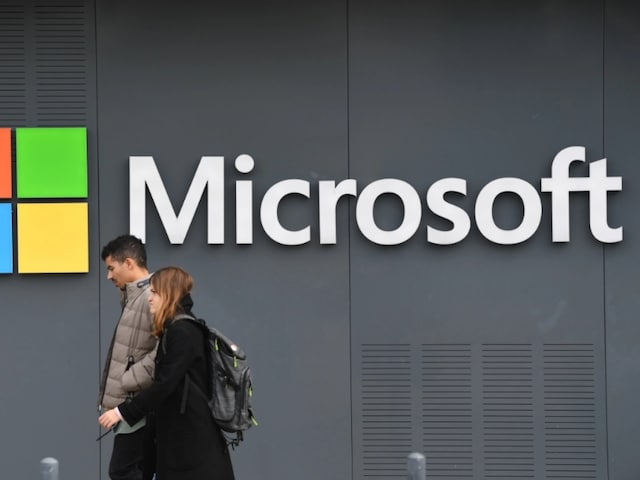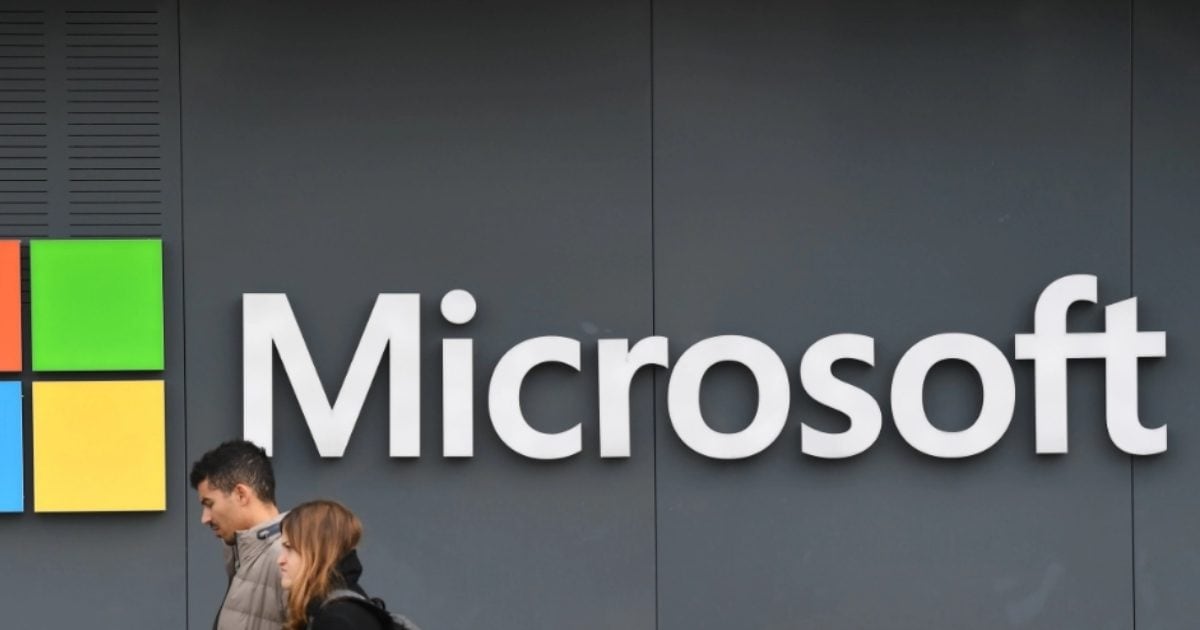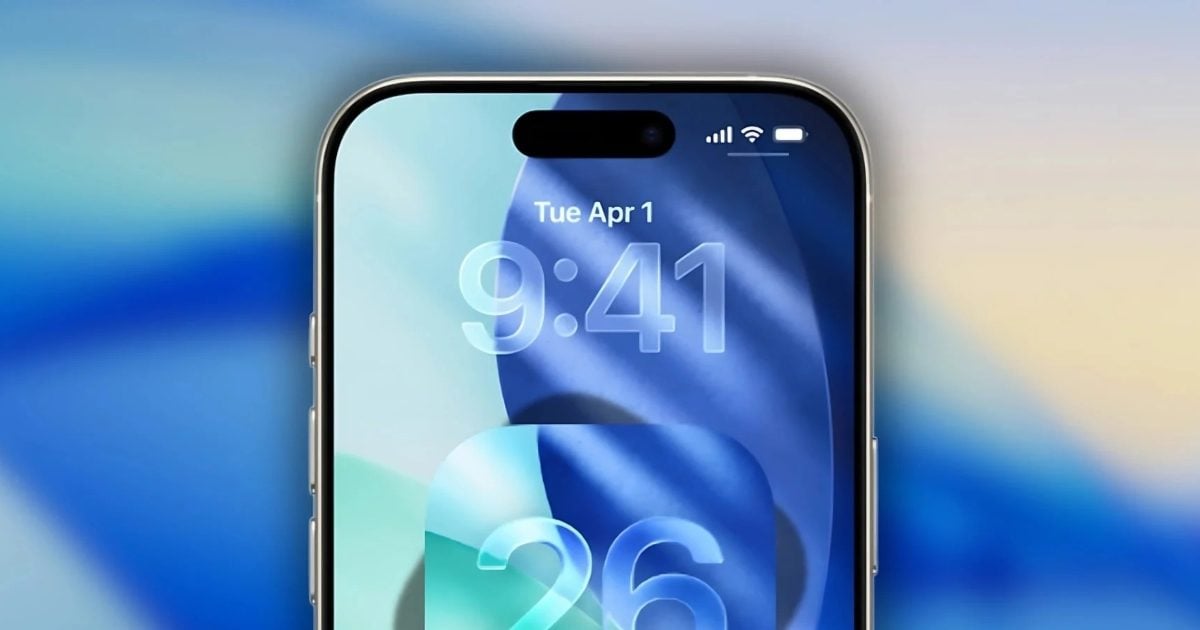Last updated:
Microsoft has signed a $ 1.7 billion agreement, which aims to remove 4.9 million metric tons of CO2. With vaulted deep, this deal will store the waste under the ground, so that methane emissions can be prevented.

Highlights
- Microsoft has signed $ 1.7 billion.
- It aims to remove 4.9 million metric tons of CO2.
- Bioslary will be stored under the ground.
What will the company do?
With this, the goal of Microsoft is to remove 4.9 million metric tons of carbon dioxide from the earth. The deal comes immediately after the expansion of Microsoft’s AI data center operations, increasing the company’s carbon footprint to about 23-30% between 2020 and 2024. The company emitted equal to about 75.5 million metric tons of carbon dioxide from AI infrastructure. The average cost of carbon removal is approximately $ 350 per ton and the deal is one of the most important investments in converting waste into carbon storage, as stated in the Wall Street Journal report.
How will the startup sewage be converted into carbon storage?
According to reports, storing bioslary under the ground will prevent natural disintegration, which would release powerful greenhouse gases such as methane in the atmosphere. Methane is considered at least four times more harmful than CO2 in case of global warming.
The purpose of this agreement is also to reduce other environmental risks, including traditional disposal methods of biosalids, such as spreading them into the fields. This method is not only responsible for water pollution, but it also includes pollution from chemicals like PFAS.




